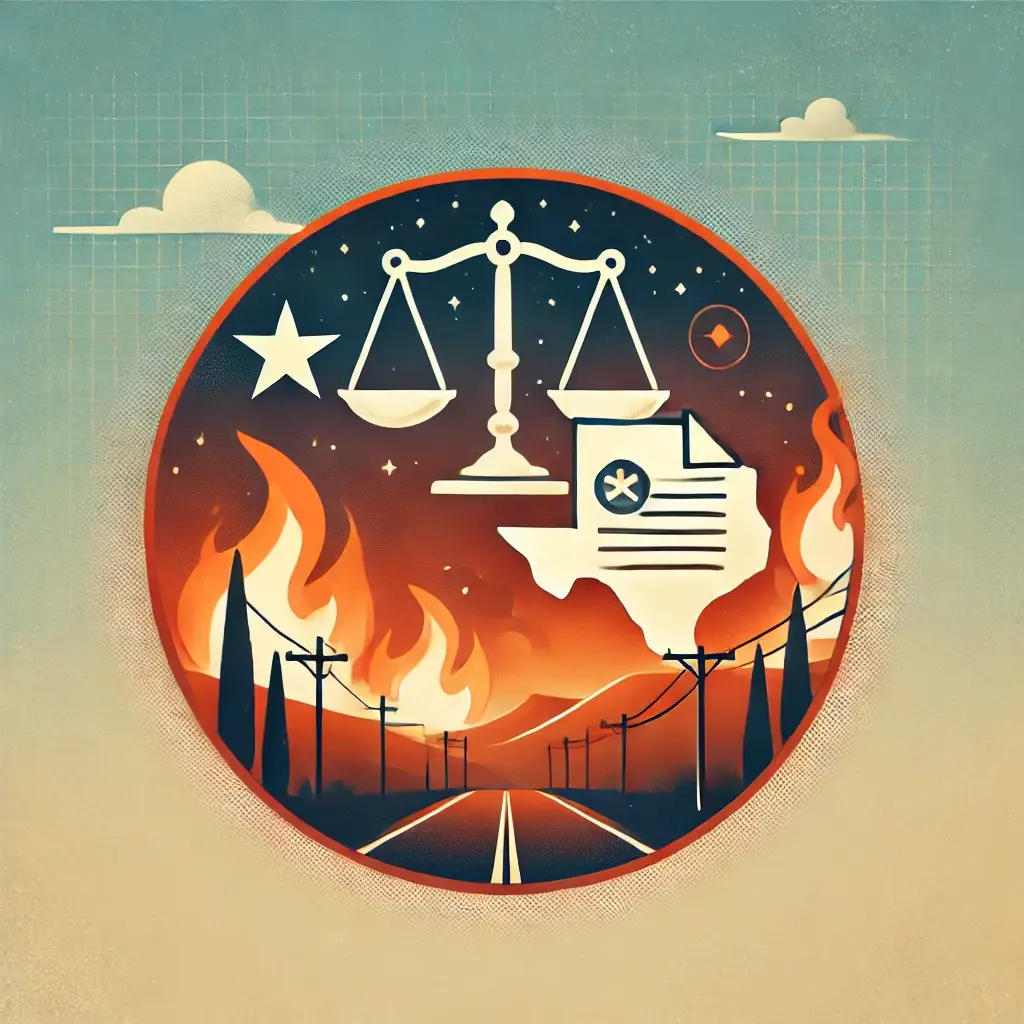Did your loved one die because of someone else’s negligence? Discover how Texas claims work.
It’s a worst-case scenario: your loved one dies because of someone else’s carelessness. Maybe an employer failed to properly train your loved one’s coworkers or warn them of workplace hazards. It could have been an accident caused by a drunk driver. Or, it could be a large corporation that sold a prescription drug they knew was likely to cause death in many people.
It happens. Not often. But it does happen. So now you have a claim on your hands.
Each state handles wrongful death differently, but here’s how it works in Texas:
- Who can file a claim?
In Texas, the surviving spouse, children, or parents of the victim may file a Wrongful death lawsuit. Any individual can bring forth the claim, or they may do this as a group.
If none of these individuals does this within 3 months of the victim’s death, the victim’s personal representative or executor of their estate can. However, they may not if a surviving family member specifically requests they not do so.
Adult children of a deceased parent and adopted children of adoptive parents may file a claim. However, adopted children may not bring claims on behalf of their biological parents. Adoptive parents may also bring claims forward on behalf of their adopted children.
However, siblings can never file a claim in Texas on behalf of their brothers or sisters – either biological or adoptive.
- What damages can you potentially recover in Texas?
It all depends on the facts surrounding your loved one’s case. However, damages can compensate for things like:
- The capacity your loved one had to earn for your family
- The lost care and counsel your loved one could have provided you and other surviving family members
- Mental pain and suffering you experienced as a result of their death
- The lost companionship and love you will miss from them
- Inheritance lost, which includes any amounts your loved one would have left you and other family members had they lived a normal lifetime
- Exemplary damages (recoverable only in some cases), which are awarded if your loved one’s death was caused by particularly gross negligence or willful actions. You might know these as “punitive damages.” They’re awarded to punish the offending party to discourage them from engaging in the reckless behavior again, and to deter others from doing the same.
An example of exemplary damages could be a big company, as discussed earlier, that releases a prescription to consumers, and lies to cover up its negative side effects (including death) so it can make billions in profits.
When these damages actually get awarded, Texas divides them among you and your family members according to how much injury each of you experienced as a result of your loved one’s death.
Remember, in Texas, the law says you have just two years from your loved one’s date of death to file your personal injury claim. Otherwise, the State considers you don’t have a case, and you can never again pursue compensation.
If you are considering filing a claim, our experts can help. To learn more request a free consultation.
Suggested Reading






